The Fifth Form (Year 9) course is designed to open up a range of geographical topics of importance in the 21st century, which helps to underline the relevance of the subject and prepare pupils for GCSE. Pupils study a wide range of topics from Geopolitics, which includes conflicts in the Arctic and Antarctic, to the division of Sudan and South Sudan, to the Geography of Korea. We also introduce pupils to GIS (Geographical Information Systems), where they have the opportunity to develop their own GIS skills and explore the wide range of uses the software can offer.
Pupils follow the AQA GCSE Geography syllabus in the Lower and Upper Shells (Years 10 and 11). The specification enables a variety of teaching and learning approaches. This exciting and relevant course studies geography in a balanced framework of physical and human themes and investigates the link between them.
Pupils take part in two separate fieldwork days, one to Eastbourne and one more locally to Spitalfields. There is also an opportunity to join the expedition to Iceland in the Lower Shell. There is no coursework element, but pupils write about their fieldwork in Paper 3.

